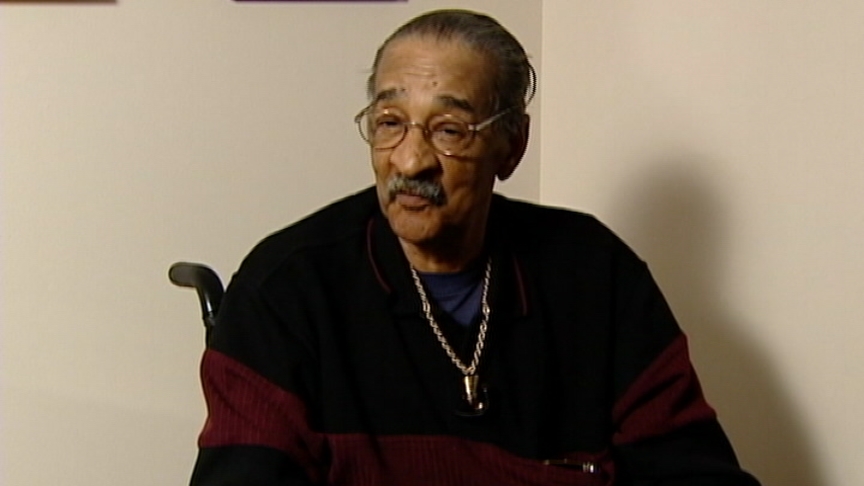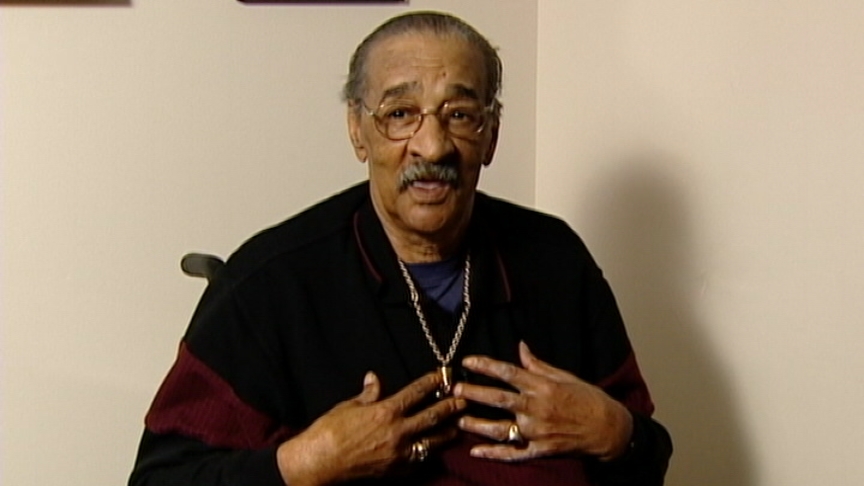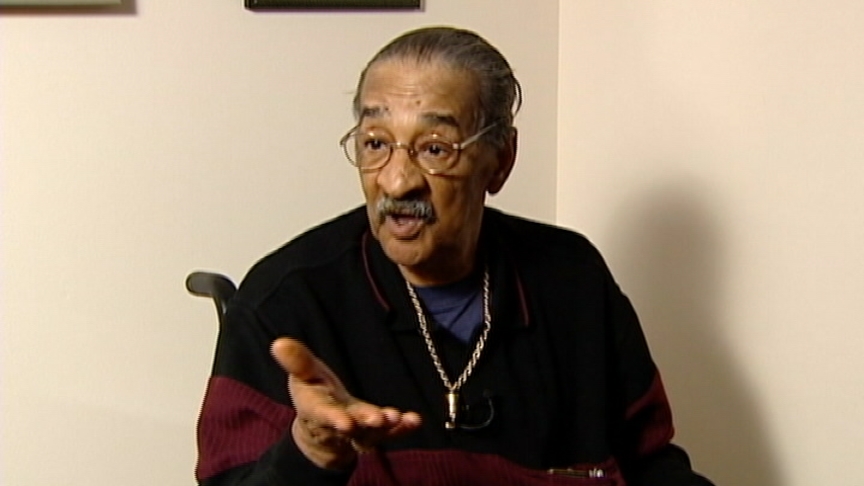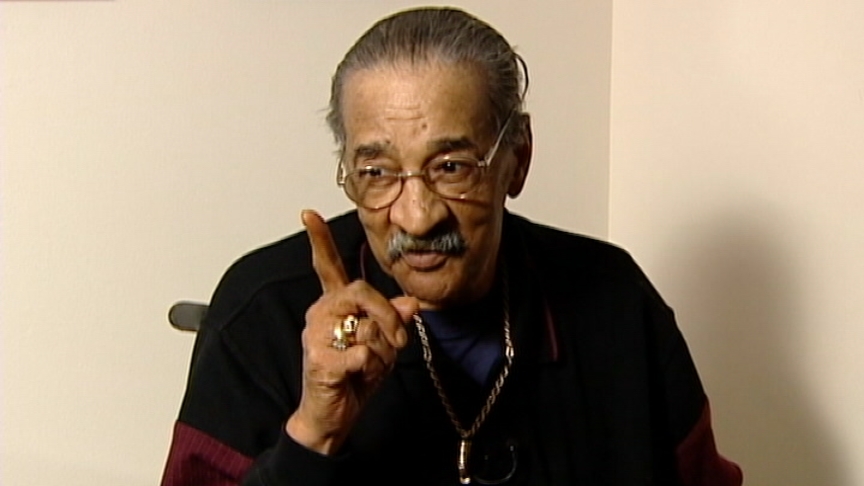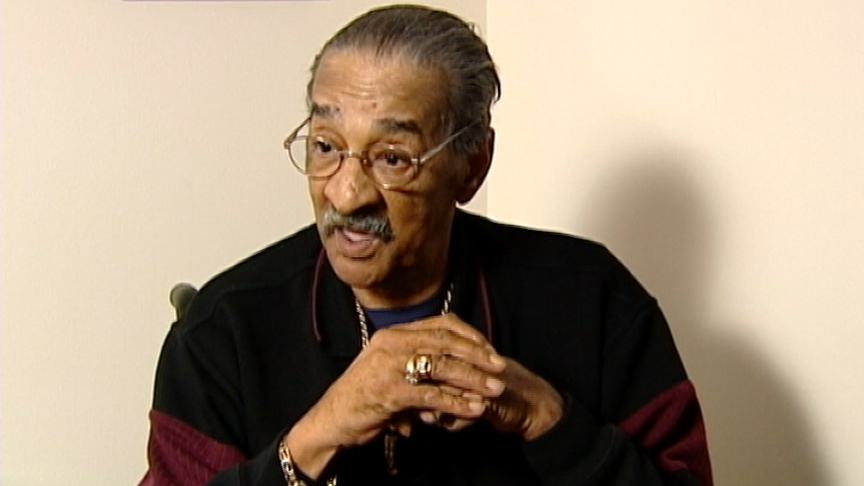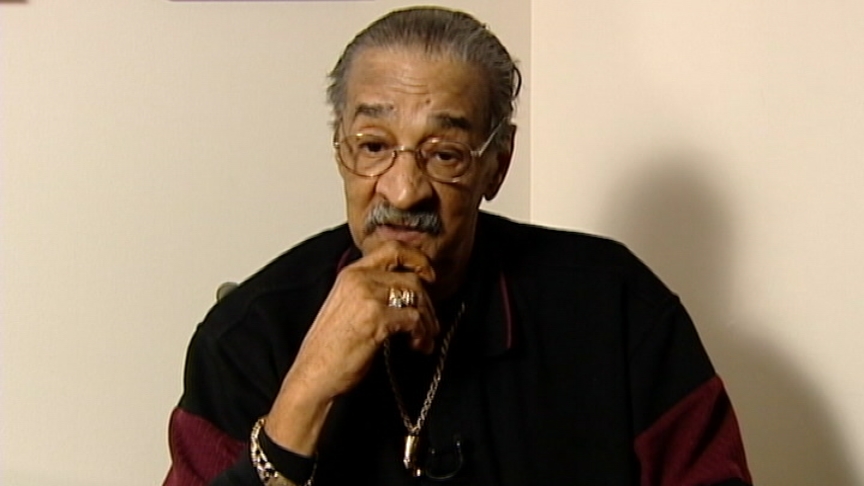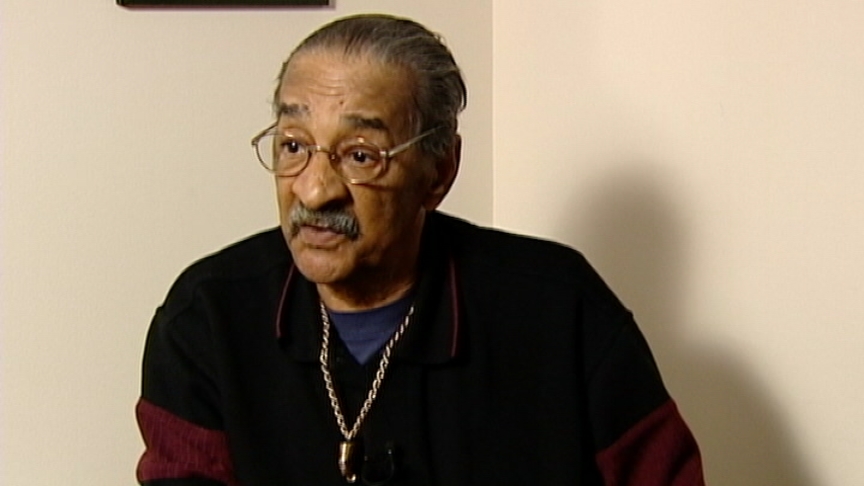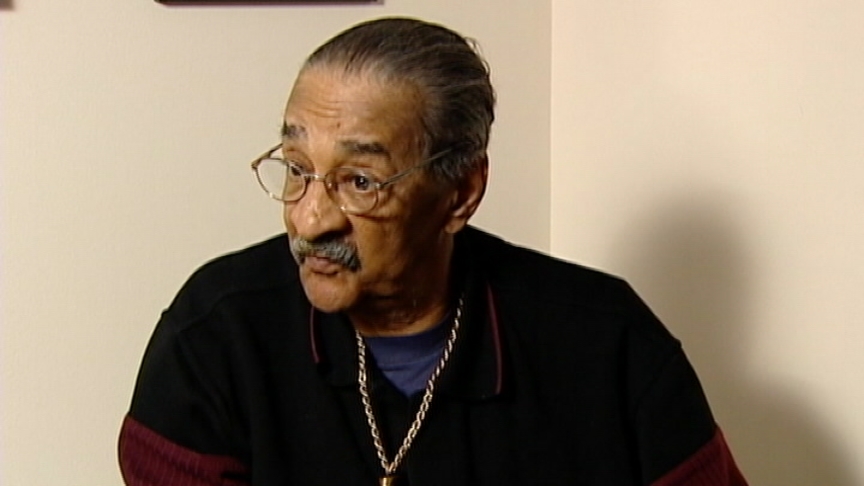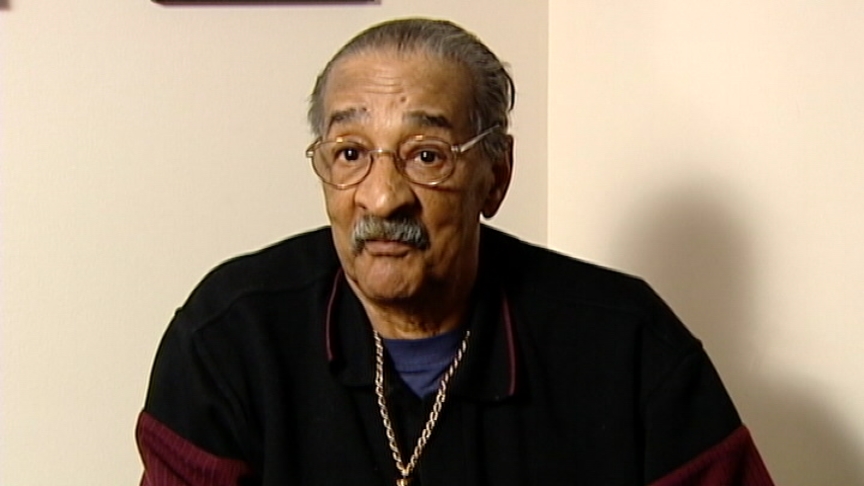I Might Not Come Back
Heroes Remember
I Might Not Come Back
Transcript
Description
Mr. Niles describes how he told each of his parents about his deployment to Korea and how his mother tried to get him home before he finished his tour of duty.
Joseph Allan Niles
Mr. Joseph Allan Niles was born December 15, 1932, in Halifax, Nova Scotia, the oldest of four children. His father enlisted for service during the First World War, but was released for medical reasons, and found work in the dockyards. Mr. Niles grew up in downtown Halifax, and at age fourteen, he left school to work as a labourer, working on many buildings in the Halifax area. Mr. Niles enlisted on May 4, 1951, at age 17, with the Canadian Armed Forces in Halifax. He became part of a Special Force with the Royal Canadian Regiment, serving in Korea. He commenced his basic training in Camp Petawawa, Ontario, and completed his advanced training in Camp Wainwright, Alberta. In March 1952, Mr. Niles left for Korea, first travelling by train to British Columbia, then to Seattle, Washington, where he boarded a troop ship to Japan and Korea. Mr. Niles took part in fighting patrols and saw action on the front lines in Korea. After his one year tour of duty was completed, he volunteered for an additional three year term in the army, and remained in Korea until the end of October, 1953. He was discharged from the Armed Forces in June, 1954, and settled in Montreal where he found a job with the railroad. His employment later took him to Truro, Nova Scotia. Mr. Niles died in the Veteran’s Memorial Hospital in Halifax, on April 30, 2007.
Meta Data
- Medium:
- Video
- Owner:
- Veterans Affairs Canada
- Duration:
- 2:24
- Person Interviewed:
- Joseph Allan Niles
- War, Conflict or Mission:
- Korean War
- Location/Theatre:
- Canada
- Branch:
- Army
- Units/Ship:
- Royal Canadian Regiment
- Rank:
- Infantry
Related Videos
- Date modified:



